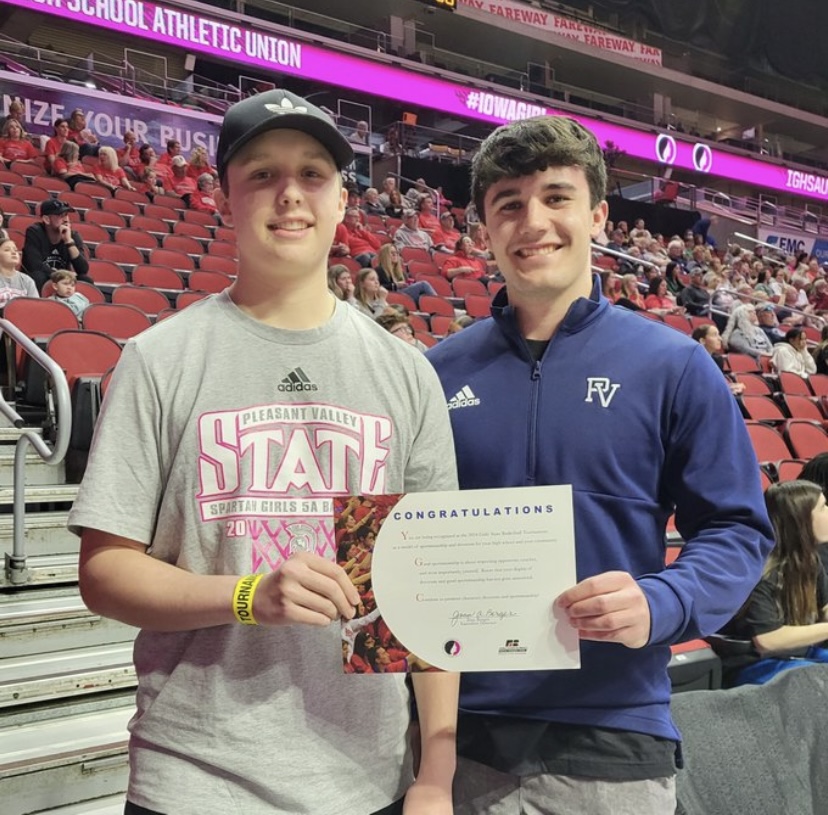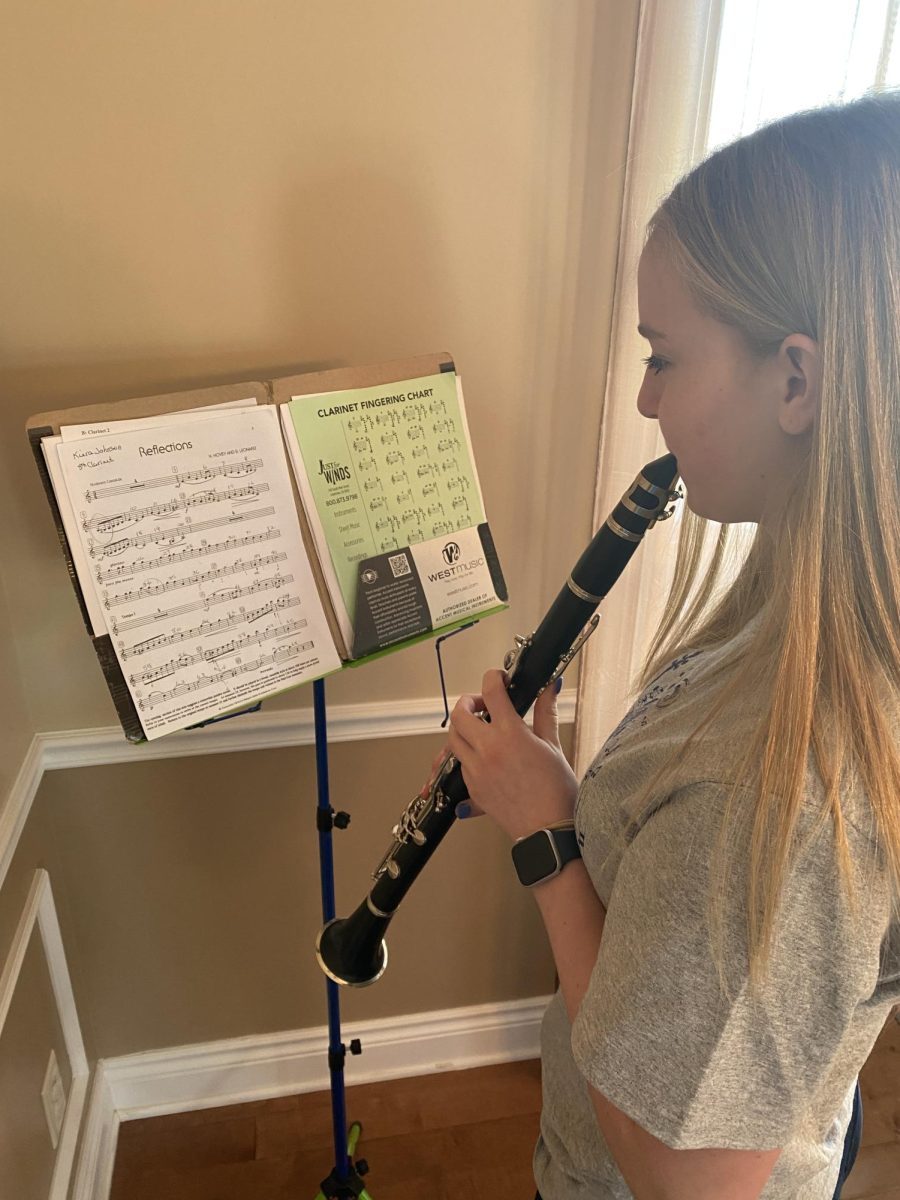More and more colleges are going test-optional, substantially increasing many upperclassmen’s chances of admission throughout the country.
The term “test-optional” means score reports from nationally recognized standardized tests, such as the ACT or the SAT, are not required for students to apply to a certain college, but are still reviewed if they are provided.
Contrary to popular belief, this is not a new concept. There have always been skeptics to requiring standardized testing. Fifty-one years ago, Bowdoin College in Brunswick, Maine was the first college to go test-optional. More than 1,000 other colleges joined them in going test-optional in the following fifty years.
The COVID-19 pandemic more than doubled the rate of schools switching to test-optional admission, though. After the pandemic started, scheduled standardized testing sessions were canceled. This brought hardship to many students, largely due to the facts that there are only a few sessions a month and signing up for them is a lengthy and expensive process.
Many colleges recognized the issues with this, and decided to go test-optional. Although a few made this a permanent change in the admission process, a considerable number of them are using this time as a test run. If test-optional admission works better for the schools, it may become a permanent change in the admissions process.
Senior Ahmed Baig noticed the pros of a test-optional college himself: “The switch to test-optional is a good move for colleges because it allows them to truly consider the student more holistically.
“Also, it allows students who may have not yet taken required tests to relax a little because they can focus on other things such as applications and day to day life instead of stressing about whether or not their test will happen and if they have to do well on it.”
Isaac Bradford, a freshman at Iowa State University and former PV student, agreed with Baig. “[Standardized testing] isn’t the most important thing on your application,” he said. “For ISU, it just tells them whether they accept you immediately or not.”
However, students pursuing scholarships should be cautioned that a large number of colleges still require applicants to provide standardized test scores for certain scholarships.
Moreover, as of Sept. 13, 59 colleges have taken it a step further. They are test-blind, meaning they do not even look at standardized testing scores. Currently, more than two-thirds of all private and public colleges are test-optional or test-blind.
Due to the changes in standardized testing requirements, students do not have to spend countless hours preparing to score as high as possible. If testing is a struggle, they do not have to do it.
On the other hand, more importance was added to high school GPA and other information when standardized testing became optional. For the students who used testing as their crowning achievement, this hurt their chances of admission, especially if they did not have a great GPA.
Quite a few colleges are making up for this by being more lenient in their admissions process. After losing students to a fear of COVID-19, they’re hoping to reopen their doors to many more students who want to apply.
Bradford also noted his suggestion for all students, no matter where they go: “Everyone should prepare for college by the fall of their senior year. There is a lot to look forward to and a lot of work to get there, so being prepared is only a good thing.”
In the wake of the pandemic, colleges are attempting to make admissions easier. Taking away the requirement for standardized test scores takes pressure away from students, and still allows them to be admitted quickly, as well as receive extra scholarships.
In the end, colleges hope these benefits for students will make the college search process much easier as well as more efficient in the future. If this occurs, going test-optional might be a permanent change to their admissions process.


















